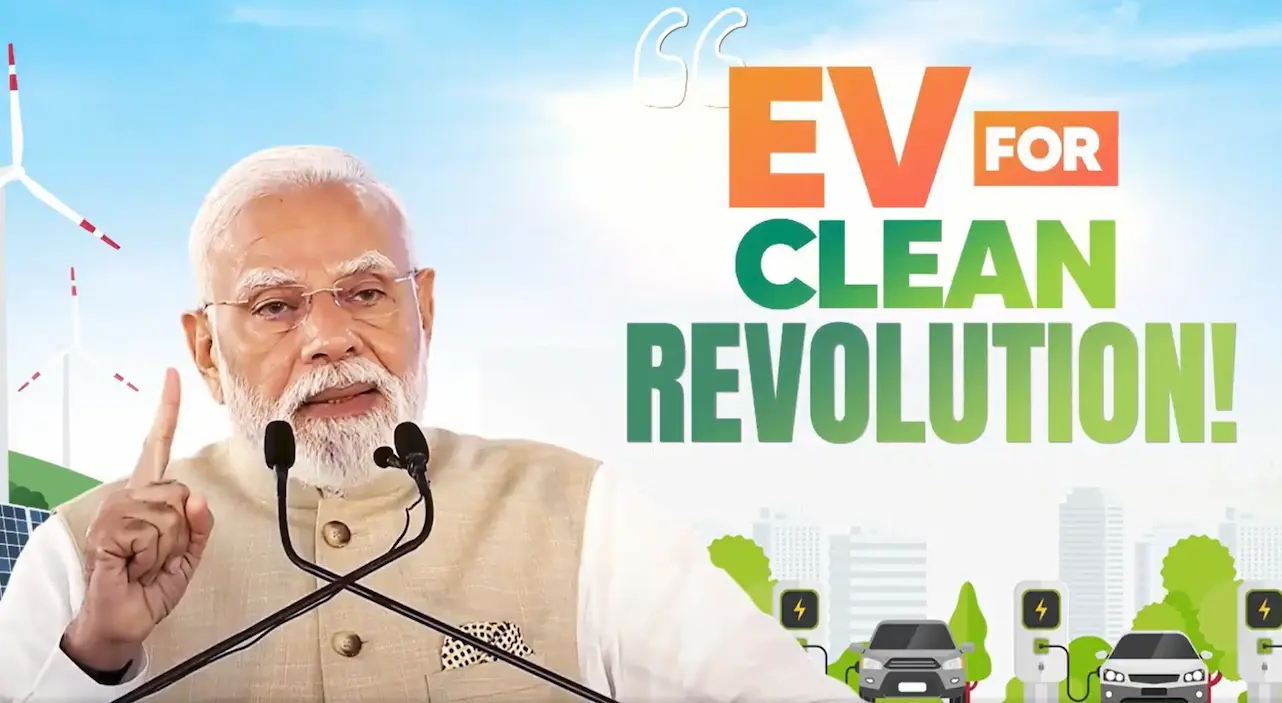
Delhi’s EV Policy 2.0 to ban new petrol/diesel two-wheelers by Aug 2026, phase out CNG autos
Big Changes Ahead for Delhi’s Vehicles
Delhi EV Policy 2.0 to Transform City Roads – Delhi is preparing for a major shift in how people travel. The government has announced that the new Electric Vehicle (EV) Policy 2.0 will be released before February 2026. This updated policy aims to reduce pollution, improve public transport, and make electric vehicles more common across the city.
One of the biggest changes is the ban on new petrol, diesel, and CNG two-wheelers starting August 15, 2026. After this date, only electric two-wheelers will be allowed to register in Delhi. This move is expected to cut down harmful emissions and encourage people to switch to cleaner transport options.
The policy also plans to phase out CNG auto-rickshaws by August 2025. Permits for these vehicles will no longer be renewed, and new permits will only be issued for electric auto-rickshaws. This is a big step toward making Delhi’s public transport cleaner and quieter.
Charging Stations and Infrastructure Boost
To support the growing number of electric vehicles, Delhi is focusing on building a strong charging infrastructure. The government plans to install 3,500 new charging points this year, with a goal of reaching 13,000 by 2030.
Charging stations will be placed in smart locations, including:
- Under flyovers
- Inside housing societies
- On vacant land in outer Delhi
This will make it easier for people to charge their vehicles at home or while commuting. The government is also working with Resident Welfare Associations (RWAs) and private companies to set up these stations using Public-Private Partnership (PPP) models.
Transport Minister Pankaj Kumar Singh said that charging infrastructure will be the “backbone” of the new policy. Without enough charging points, people may hesitate to buy electric vehicles. So, the government is making sure that charging is convenient and widely available.
Electric Buses and Cleaner Public Transport
Delhi’s public transport is also going electric. The city’s electric bus fleet has grown from just 400 buses to 3,400 in less than a year. By February 2026, Delhi aims to have 7,000 to 8,000 electric buses on the road.
These buses include the popular “Devi” feeder buses, which help people reach metro stations and other key locations. The expansion of electric buses will improve last-mile connectivity, reduce noise, and lower pollution levels in busy areas.
The policy also includes plans to convert municipal vehicles, such as garbage trucks and water tankers, to electric by December 2027. This will make Delhi’s public services cleaner and more efficient.
A Cleaner, Greener Delhi for All
Delhi EV Policy 2.0 is not just about vehicles, it’s about creating a healthier and more sustainable city. The capital has long struggled with air pollution, and switching to electric transport is a key solution.
The policy will also offer incentives and tax relief for EV owners. Scrapping programs will help people replace old vehicles with electric ones. The government is learning from global leaders like Oslo, which has successfully expanded its EV network.
While some groups have raised concerns about the sudden phase-out of CNG vehicles, the government says it will work with all stakeholders to ensure a fair and smooth transition. The goal is to balance environmental needs with affordability and accessibility.
Final Thoughts
Delhi EV Policy 2.0 is a bold step toward a cleaner future. With bans on fossil-fuel vehicles, expanded charging stations, and thousands of electric buses, the city is setting an example for others to follow. As the policy rolls out, Delhiites can look forward to quieter roads, fresher air, and smarter mobility.
Also read – PM Modi Flags Off 200 Electric Buses in Delhi, Paving the Way for a Revolutionary Green Mobility
Delhi Fuel Ban Sparks Outrage and Applause: End-of-Life Vehicle Crackdown Divides the Capital
Stay informed with the latest news and updates – only on Rapido Updates.